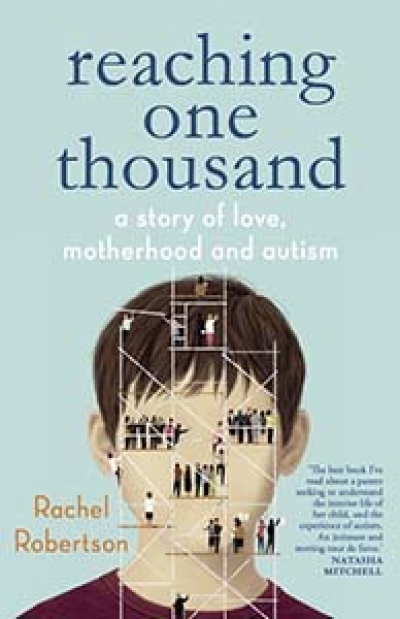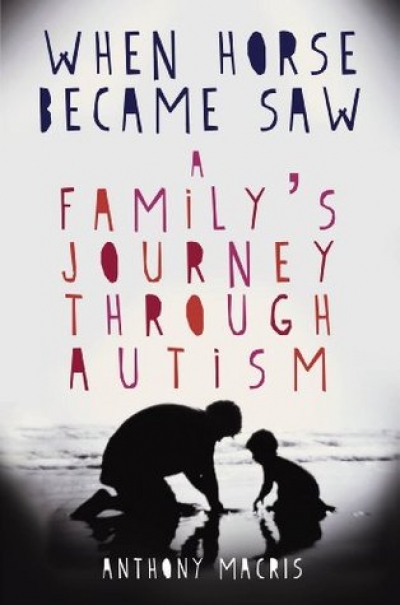Autism
Reaching One Thousand: A Story of love, motherhood and autism by Rachel Robertson
When Horse Became Saw: A Family’s Journey through Autism by Anthony Macris
I was always going to be a novelist. At the age of six, I wrote fiction about a Willie Wagtail, whose best friend was an ant (even then I had a good grasp on relationships). Several years later I had moved on to human protagonists, mainly young girls living at boarding school and excelling at ballet. I had no experience of either, but I had my dreams. As an adolescent I wrote stories about homelessness and drug addiction, once again from vicarious experience. Then I went to university to do a literature degree and realised that great Australian novelists were serious, learned and (then) mostly male. I still wanted to write my novel, but I decided to live a bit first.
... (read more)I have often admired the mystical way of Pythagoras, and the secret magic of numbers.
Sir Thomas Browne, Religio Medici
The real world is not given to us, but put to us by way of a riddle.
Albert Einstein
In the kitchen of my mother’s houses there has always been a wooden stand with a ...


